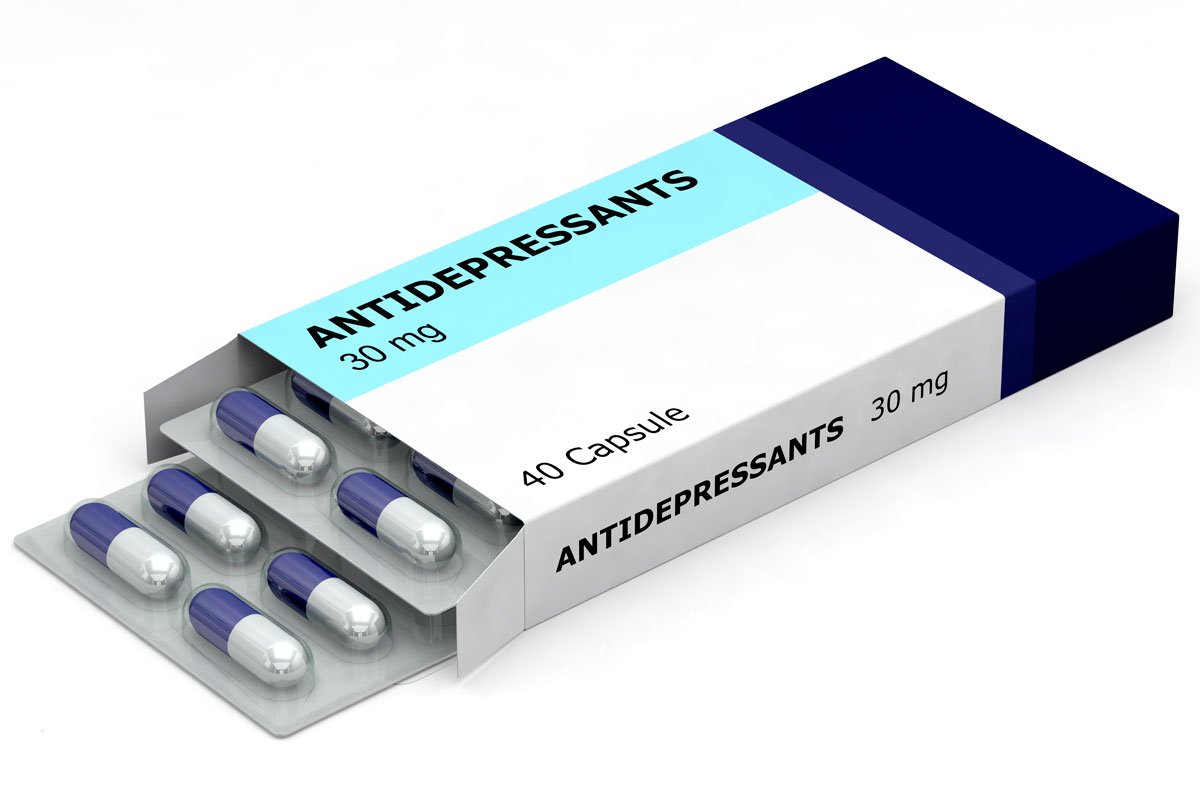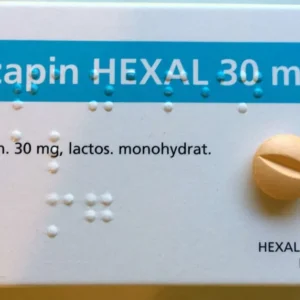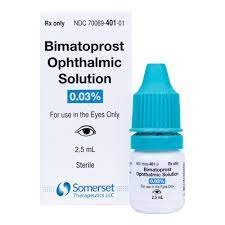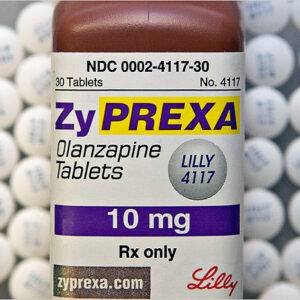- Selective Serotonin Reuptake Inhibitors (SSRIs) – These increase serotonin levels and are the most common type. Examples: Fluoxetine (Prozac), Sertraline (Zoloft), Escitalopram (Lexapro).
- Serotonin-Norepinephrine Reuptake Inhibitors (SNRIs) – These increase both serotonin and norepinephrine. Examples: Venlafaxine (Effexor), Duloxetine (Cymbalta).
- Tricyclic Antidepressants (TCAs) – Older medications that affect multiple brain chemicals. Examples: Amitriptyline, Imipramine.
- Monoamine Oxidase Inhibitors (MAOIs) – Used less often due to food and drug interactions. Examples: Phenelzine, Tranylcypromine.
- Atypical Antidepressants – Work differently from the above types. Examples: Bupropion (Wellbutrin), Mirtazapine (Remeron).
- Nausea
- Dizziness
- Weight changes
- Sleep problems
- Low sex drive
What Are Antidepressants?
Antidepressants are medicines used to help people who feel very sad, anxious, or have depression. They work by changing the levels of certain chemicals in the brain, called neurotransmitters, which affect mood and emotions.
How Do They Work?
The brain uses chemicals like serotonin, dopamine, and norepinephrine to send messages. When these chemicals are imbalanced, people may feel sad, tired, or have trouble enjoying things. Antidepressants help restore balance, improving mood and overall well-being.
Types of Antidepressants
There are different types of antidepressants, including:
Who Needs Antidepressants?
Doctors may prescribe antidepressants for people with:
Depression – Feeling sad, hopeless, or losing interest in daily life for a long time.
Anxiety disorders – Excessive worry, fear, or panic attacks.
Obsessive-Compulsive Disorder (OCD) – Uncontrollable repetitive thoughts or behaviors.
Post-Traumatic Stress Disorder (PTSD) – Anxiety after a traumatic event.
Chronic pain – Some antidepressants help reduce pain.
Are There Side Effects?
Yes, some people may experience:
These side effects usually improve after a few weeks. If they continue, a doctor may adjust the dose or try a different medication.
How Long Do They Take to Work?
Antidepressants do not work immediately. Most people start feeling better in 2 to 6 weeks. It’s important to take them regularly, even if improvement is slow.
Are Antidepressants Addictive?
No, they are not addictive like drugs or alcohol. However, stopping them suddenly can cause withdrawal symptoms. Always talk to a doctor before stopping.
Conclusion
Antidepressants help many people live happier and healthier lives. They are not a quick fix but can be an important tool for mental health. If you or someone you know is struggling, talk to a doctor to find the best treatment.
| packing pills | 30 pills, 60 pills, 120 pills, 180 pills, 200 pills, 250 pills, 300 pills, 400 pills, 500 pills |
|---|

 Cart is empty
Cart is empty 









Reviews
There are no reviews yet.